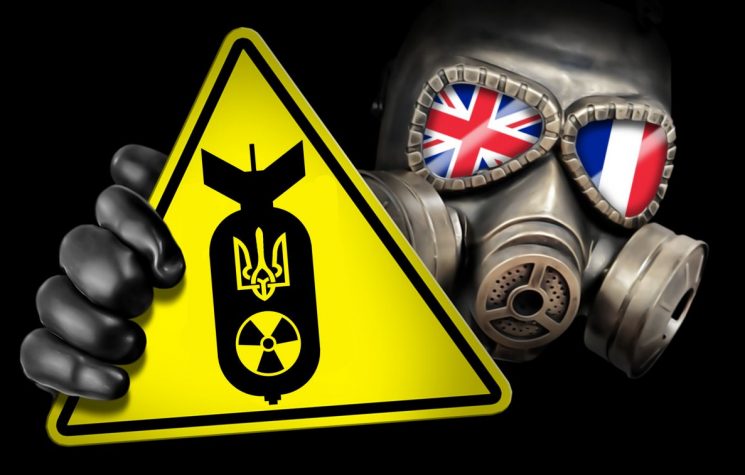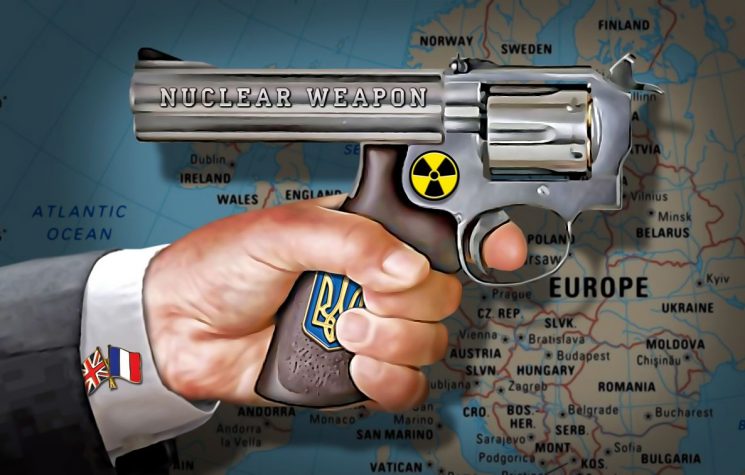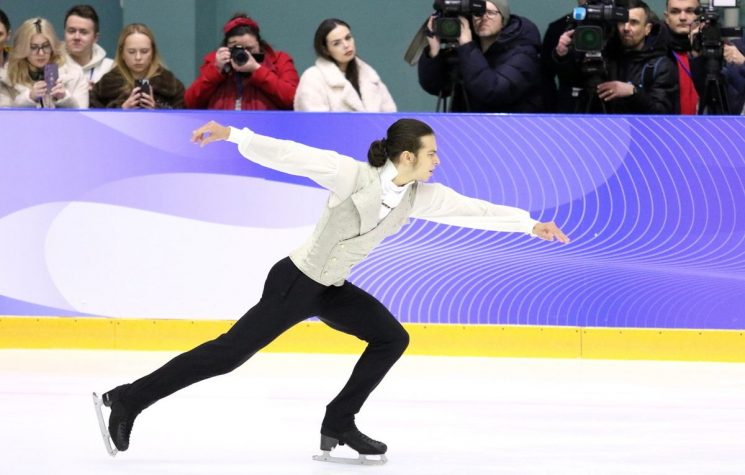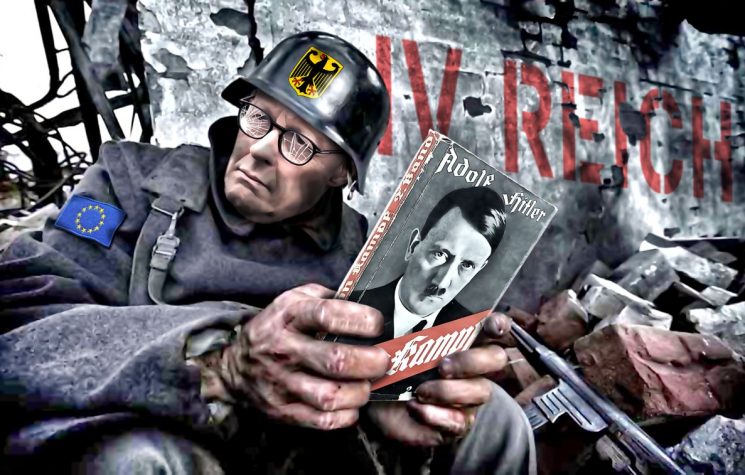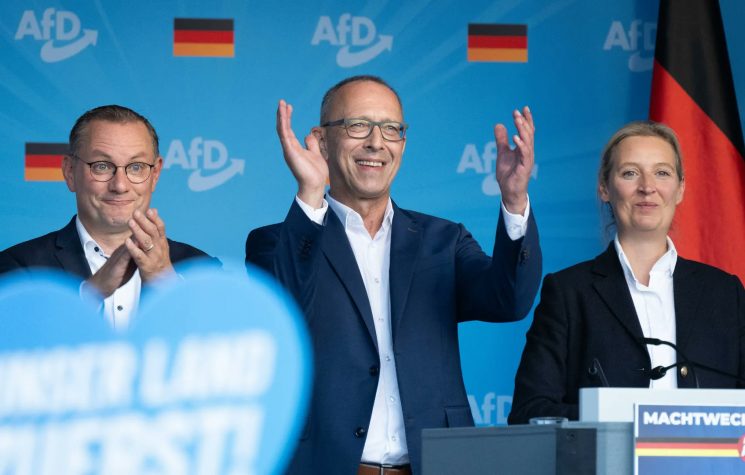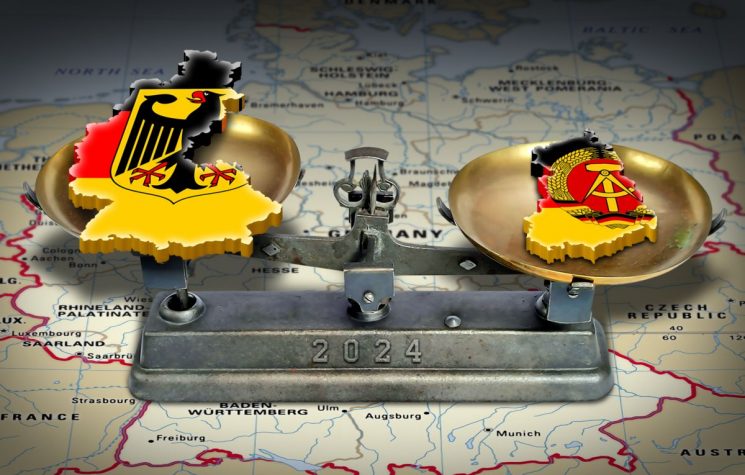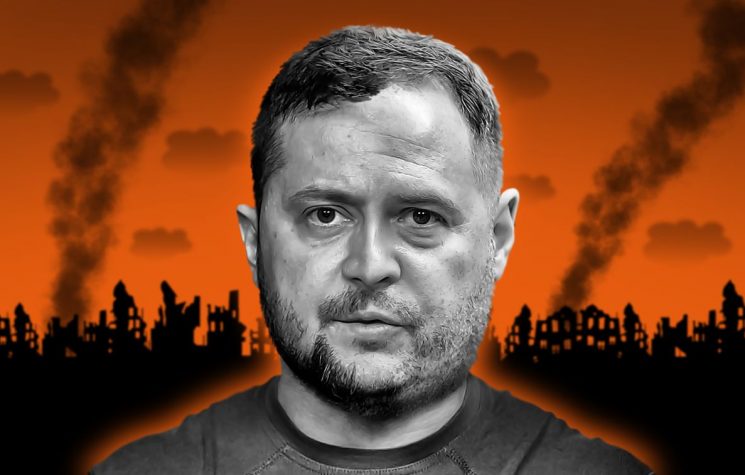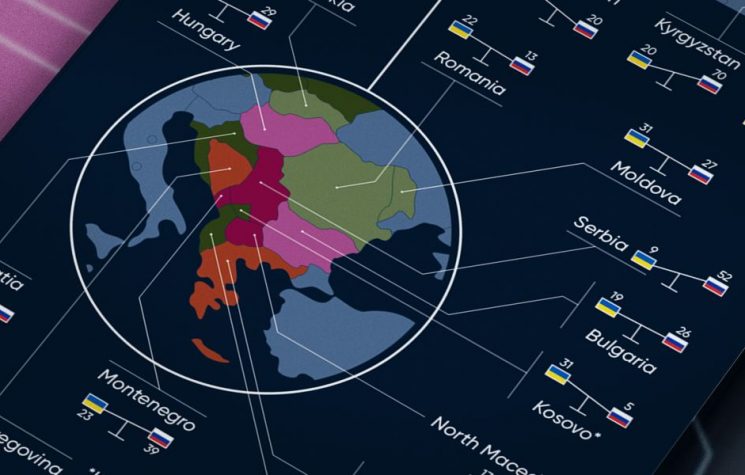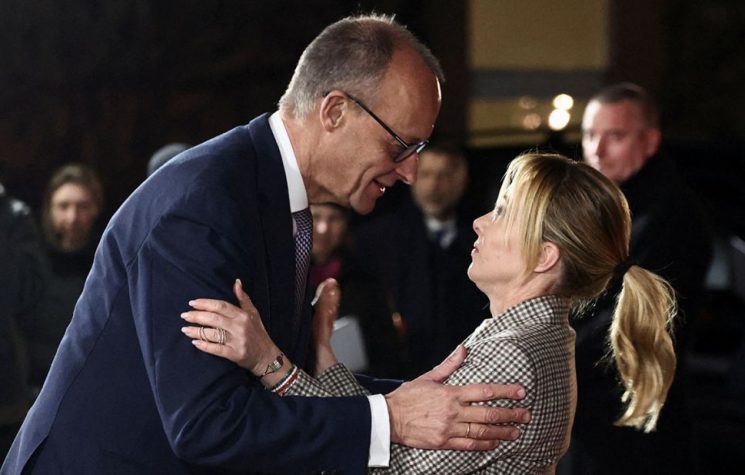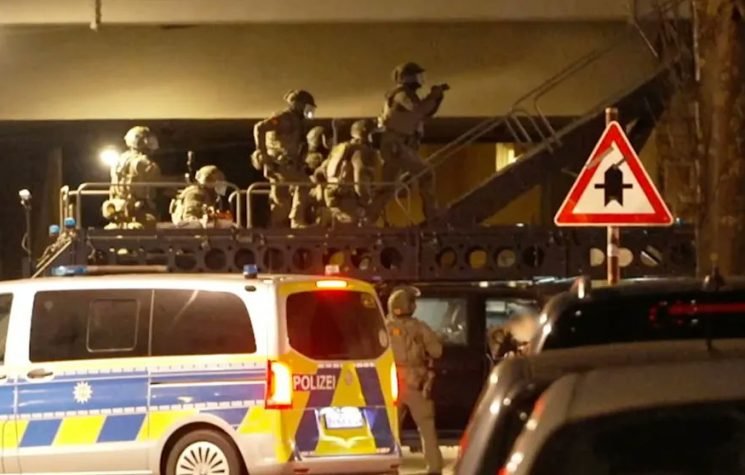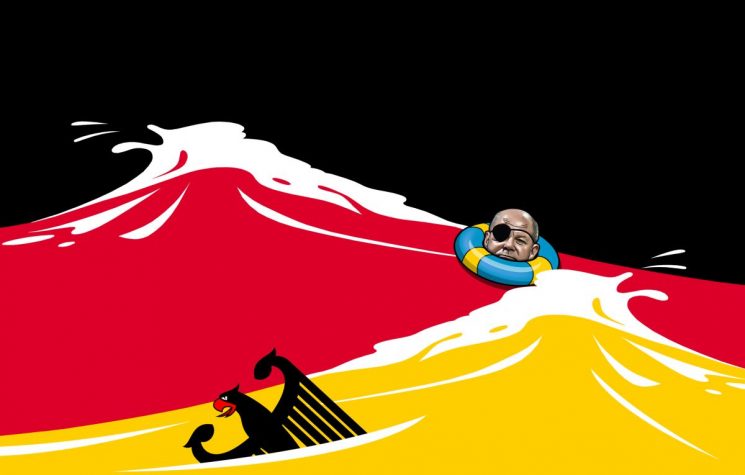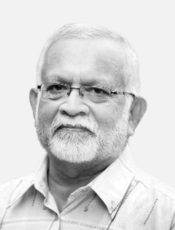Germany’s military build-up is a poignant issue in European politics, and what trajectory it will take once the dust settles, only time can tell.
Three developments in the past week herald a profound shift in European politics. It is tempting, but ultimately futile, to contextually place this shift as a reaction to the Russian decision to launch military operations in Ukraine. The pretext only provides the alibi, while the shift is anchored on power play and has a dynamic of its own.
Without doubt, the three developments — Germany’s decision to step up its militarisation, the European Union’s (EU) decision to finance arms supplies to Ukraine and Germany’s historic decision to reverse its policy not to supply weapons to conflict zones — mark a radical departure in European politics since World War II.
In a speech Sunday during a special session of parliament in Berlin on Germany’s response to the situation around Ukraine, Chancellor Olaf Scholz announced a plan to beef up German military, earmarking for the armed forces an additional €100 billion ($112.7 billion) out of the 2022 budget as a one-time allocation and underscoring his promise to reach the 2% of gross domestic product spending on defence. He said the additional spending would include investments and armaments projects for the German military.
As for the rationale behind the decision, Scholz said, “It’s clear we need to invest significantly more in the security of our country in order to protect our freedom and our democracy.” As it is, Germany has a record high defence budget (€53 billion) for the current year, which is an increase of 3.2% over the previous year. The proposed €100 billion additional financial outlay will boost acquisition of drones, new fighter jets, etc. and fund investments in medium and long term defence build-up. Scholz also committed that the hiked up defence spending of 2% of GDP is going to be a permanent norm.
Germany is belatedly complying with the former U.S. President Donald Trump’s persistent demand! No doubt, the decision will immensely please Washington. It conveys German commitment to the North Atlantic Treaty Organisation and helps silence the criticism in the U.S. that Germany has lately turned into a disloyal ally.
On the German government’s decision to directly supply weapons to Ukrainian troops, Scholz claimed, “We need to support Ukraine in its hour of desperate need.” He squarely blamed Russia for this important policy reversal. Additionally, Berlin also signalled that third countries could transfer German-made weapons to Ukraine, whereas previously such permission had been denied.
The argument that Germany intends to secure peace in Europe by this policy reversal is spurious but Scholz is getting away with it. In reality, Scholz has overturned a long-standing German policy that was rooted in Germany’s history as an aggressor during World War II and for which there is significant public support still within Germany. To be sure, this clever move will help boost Germany’s performance as an arms exporter in the global market and is a boon to the corporate industry.
Germany already figures as the fourth biggest arms exporter in the world, ahead of China. Germany’s arms exports reached record levels in 2021, following significant sales of maritime and air defence weapons to Egypt last year. Germany exported arms worth 9.35 billion euros ($10.65 billion) last year, an increase of 61% compared to 2020. This topped the previous record amount of 8 billion euros in 2019.
Germany’s military build-up is a poignant issue in European politics, and what trajectory it will take once the dust settles in Ukraine, only time can tell. Of course, there is no question of going back. But with the U.S. in decline and France and Britain becoming much diminished players in recent years, Germany’s surge as a superpower will change the power dynamic. Thus, it is no longer possible to take for granted Germany’s nuclear latency — being a “paranuclear” state with complete technical prowess to develop a nuclear weapon quickly.
The thinking toward a military build-up, the need for Germany to be a “forceful” participant in global politics and the jettisoning of its guilt complex and get “combat ready” — all these by far predate the current situation around Ukraine. What has been happening is that a new generation has appeared at the helm of German politics, replacing the Old Guard. Alongside, the “grand coalitions” running the country have narrowed the ideological divide between the CDU and the SPD.
Today, the SPD is only notionally “left wing” and is actually an enthusiastic promoter of Germany’s rearmament, as much as the CDU. As for the guilt complex, it has vanished from the German political ecosystem. Curiously, Germany’s former defence minister from CDU, Ursula von der Leyen had a Nazi ancestry to claim both on her side and her husband’s side. But that hardly mattered when Angela Merkel assigned to her the job of running the Bundeswehr for seven years.
By the way, von der Leyen’s grandfather was a Nazi who volunteered to fight in 1940, became a staff sergeant in the Wehrmacht and led a so-called “anti-partisan” unit on the eastern Soviet front hunting down resistance groups, participated in the capture of Ukraine’s capital Kiev and took part in the barbaric September 1941 Babi Yar massacre, in which more than 33,000 Jewish inhabitants of Kiev were shot in cold blood. It’s said that “Until his death he would rant about Jews, the French and the perfidious Albion. He never left the country again and he’d be in a near panic when coming close to a border.”
Yet, von der Leyen would co-habit comfortably in the CDU-SPD grand coalition under Merkel with the then Foreign Minister Frank-Walter Steinmeier, who was from SPD — the party of Willy Brandt, known as reformists and moderates! In fact, Steinmeier himself maintained — and still does as President of Germany — good personal equations with the leadership of Svoboda, the Neo-Nazi faction in Ukraine.
That is why Germany’s growing stature as the driving force in the EU will remake European politics. Von der Leyen’s current term as the president of the EU Commission, heading the bureaucracy in Brussels, gives her a pivotal role and it runs till December 2024. The body language of her last week’s announcements regarding Ukraine and her performance at the recent Munich Security Conference betrayed that she takes a vicarious pleasure to insult Russia and its leadership, as if it is a private crusade for her to settle scores for the defeat of Nazi Germany at the hands of the Red Army. Unsurprisingly, she has become Washington’s darling in Europe, more important than the German Foreign Minister Annalena Baerbock or Scholz himself.
However, the big question is: How will Germany’s growing national pride — Deutscher Nationalismus — work with the EU’s consensual politics? It remains to be seen how far the EU can come to terms with the German ambitions, once the genie leaps out of the bottle. Clearly, one alternative will be to divert the explosive energy toward external activities. That is where the EU decision to fund arms supplies to conflict zones and so on opens a new vista.
Without doubt, the EU reaction to the Ukraine situation is by far disproportional. Germany used the present crisis to surge. The EU, in turn, has been lulled into the (false) belief that it now wields the big stick from Brussels — although a European consensus on foreign policy still remains elusive. In normal times, such radical EU moves or the German militarisation itself might have met with some degree of unease or discussion. But France is caught up in an election cycle. And Germany has brusquely crossed the Rubicon when the weather turned favourable.








